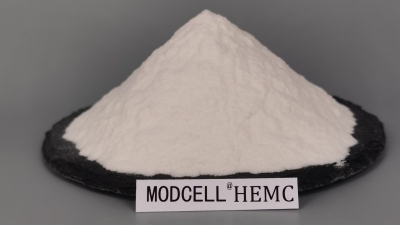How to Choose the Right Cellulose Ether Factory for Your Business Needs
Table of Contents
- Understanding Your Business Requirements for Cellulose Ether
- Evaluating the Production Capacity of Cellulose Ether Factories
- Assessing the Quality Standards of Cellulose Ethers in the Industry
- Analyzing Cost-Effectiveness: Pricing Strategies of Different Manufacturers
- Exploring Innovations and Technology in Cellulose Ether Production
- Sourcing Ethical and Sustainable Cellulose Ether Suppliers
- Exploring the Benefits of Hydroxyethyl Methyl Cellulose (HEMC) in Wall Putty Applications
- FAQS
- Conclusion
- Related Posts
In the constantly changing world of construction, picking the right Cellulose Ether Factory is a pretty big deal for businesses that want to step up their game and improve how they do things. At Longou International Business (Shanghai) Co., Ltd., we get how important it is to team up with a dependable cellulose ether supplier. As we go over what really matters when choosing a Cellulose Ether Factory, we’ll touch on things like quality, production capabilities, innovative approaches, and how well they take care of their customers. Finding the right partner means your business can keep up with global demands without sacrificing the quality of your construction materials and solutions. So, stick with us — we’re here to help you figure out what to look for so you can confidently choose a cellulose ether partner that’s right for you.
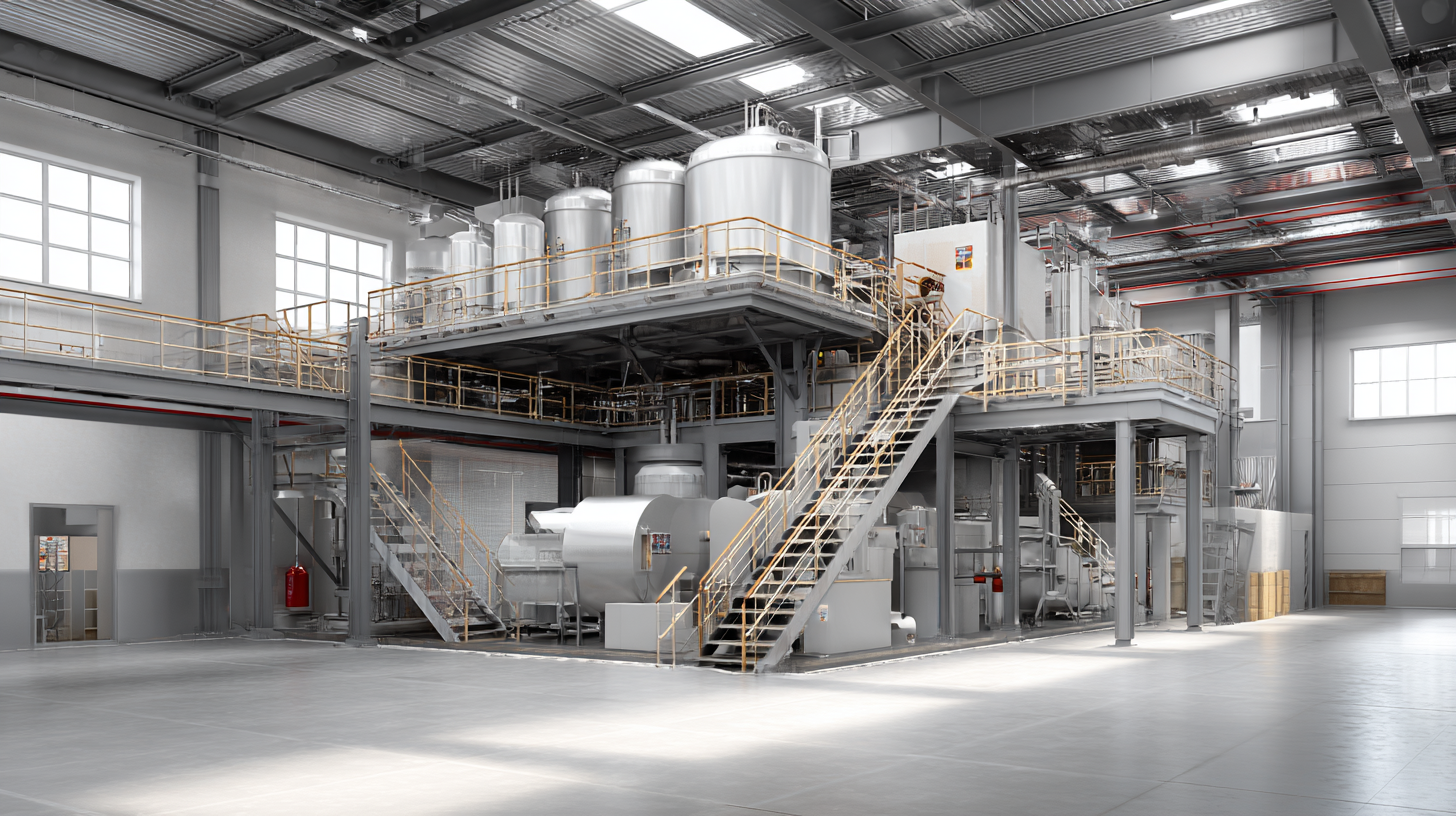
Understanding Your Business Requirements for Cellulose Ether
When you're trying to pick out a cellulose ether manufacturer, it's really important to first get a clear handle on what your business actually needs. Start by thinking about what you'll be using the cellulose ether for—whether it's for construction, pharma, or food. Different industries have their own set of requirements like viscosity, solubility, or gelation behavior. By nailing down exactly what you need, you'll have an easier time making a shortlist of factories that specialize in those specific formulations.
**A little tip:** Do your homework on potential suppliers. Find out which ones have real experience in your industry. It’s also a smart move to ask for samples of their cellulose ethers, so you can test them out and see if they play nicely with your products. That way, you'll be confident they can meet your quality and technical standards.
Another thing to keep in mind is the factory’s capacity and how flexible they are. As your business grows, you'll want a partner who can keep up. Check if they can handle both large bulk orders and smaller runs, and see how they respond when market demands shift.
**Pro tip:** Keep the lines of communication open with any potential suppliers. Chat about your future plans and growth goals—this can really help you figure out if they’re the kind of partner you can rely on for the long haul, and it’s all about protecting your business from the start.
Evaluating the Production Capacity of Cellulose Ether Factories
When you're looking into cellulose ether factories for your business, it's pretty important to get a sense of how much they can actually produce. Lately, there's been a noticeable uptick in demand for cellulose-based products across different industries—thanks to their eco-friendly perks, mainly. For example, a lot of research has gone into the feasibility of making edible fruit coatings from cellulose, which could range anywhere from about 10 to 100 metric tons—using bamboo and other sources. That kind of capacity means factories can usually scale up or down based on what you need, giving businesses some pretty good flexibility.
Plus, the whole field of processing lignocellulosic biomass is really heating up. It turns out that not only can you use agricultural waste to generate renewable energy, but it also opens up opportunities for making high-quality cellulose derivatives. Factories that are smart enough to tap into these green extraction methods are better positioned to meet the rising demand for sustainable materials. So, when you're choosing a cellulose ether factory, don’t just focus on their output numbers—it's also super important to look at how committed they are to innovative, eco-friendly practices. It’s all about aligning with broader sustainability goals, right?
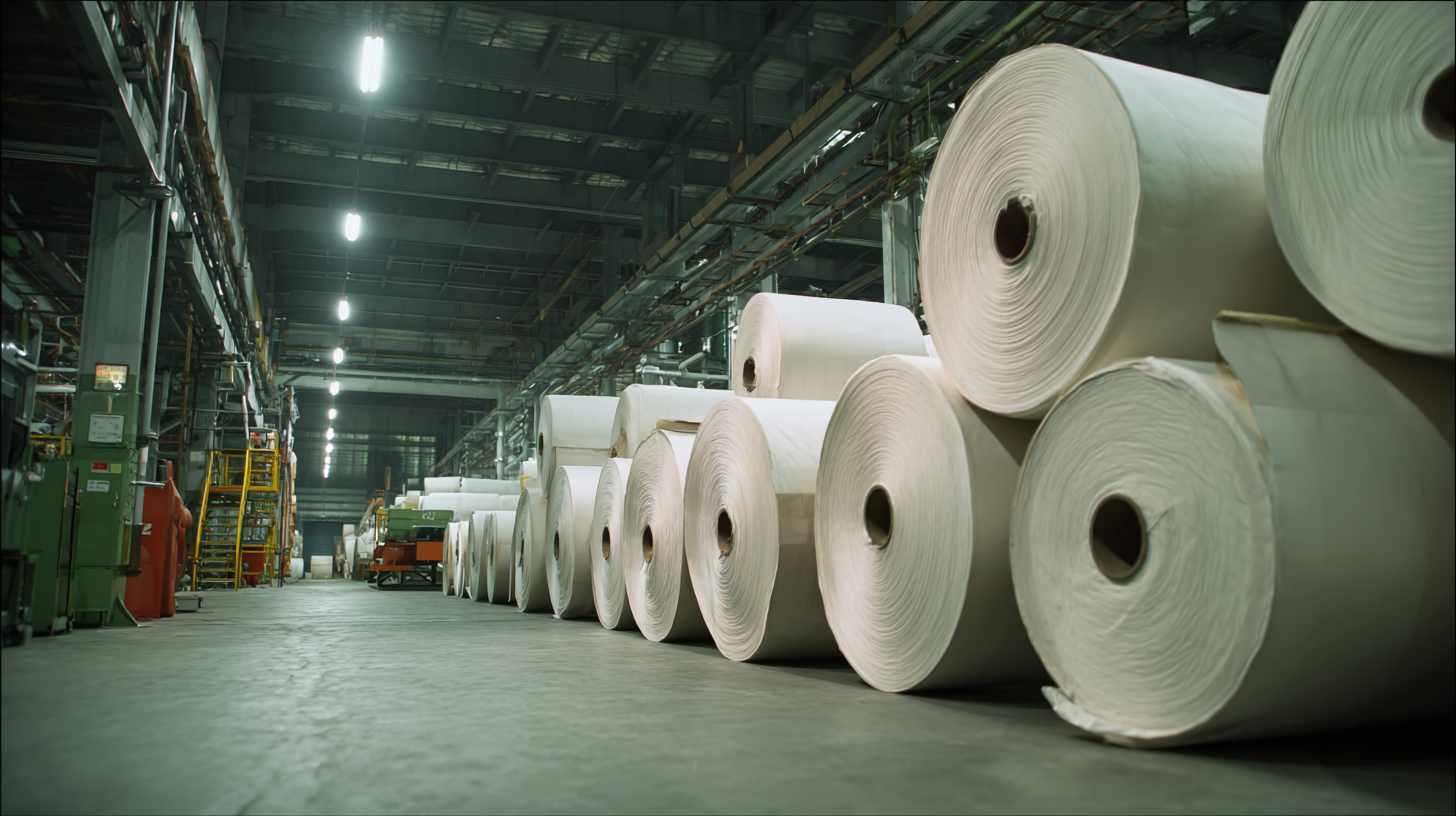
Assessing the Quality Standards of Cellulose Ethers in the Industry
When you're on the hunt for a cellulose ether factory, it’s really important to understand the industry’s quality standards. Good quality cellulose ethers do more than just boost your product’s performance — they also help keep things safe and ensure you're sticking to the rules. A great way to start is by checking out their certifications, like ISO and GMP. These pretty much show that they’re following international quality and manufacturing standards. Factories with these credentials usually invest in better tech and do more thorough testing, which means their products tend to be more reliable.
Pro tip: Make sure to look into how much testing they do—things like viscosity, solubility, and purity tests. This can give you a good idea of whether their products are consistent and dependable. Also, it’s never a bad idea to ask for third-party test results; that way, you can verify what they say about their product quality.
Another thing to keep in mind is how much experience the factory has. Older, well-established manufacturers often have a stronger reputation because they’ve been proven to meet market needs over time. Don’t hesitate to reach out to their previous clients or read reviews—they can give you the lowdown on how reliable and helpful their customer service really is.
Extra tip: Always ask for samples before placing a big order. Testing those samples in your own projects can really show you how well the cellulose ethers will perform in your specific setup, so you can make smarter, more confident choices.
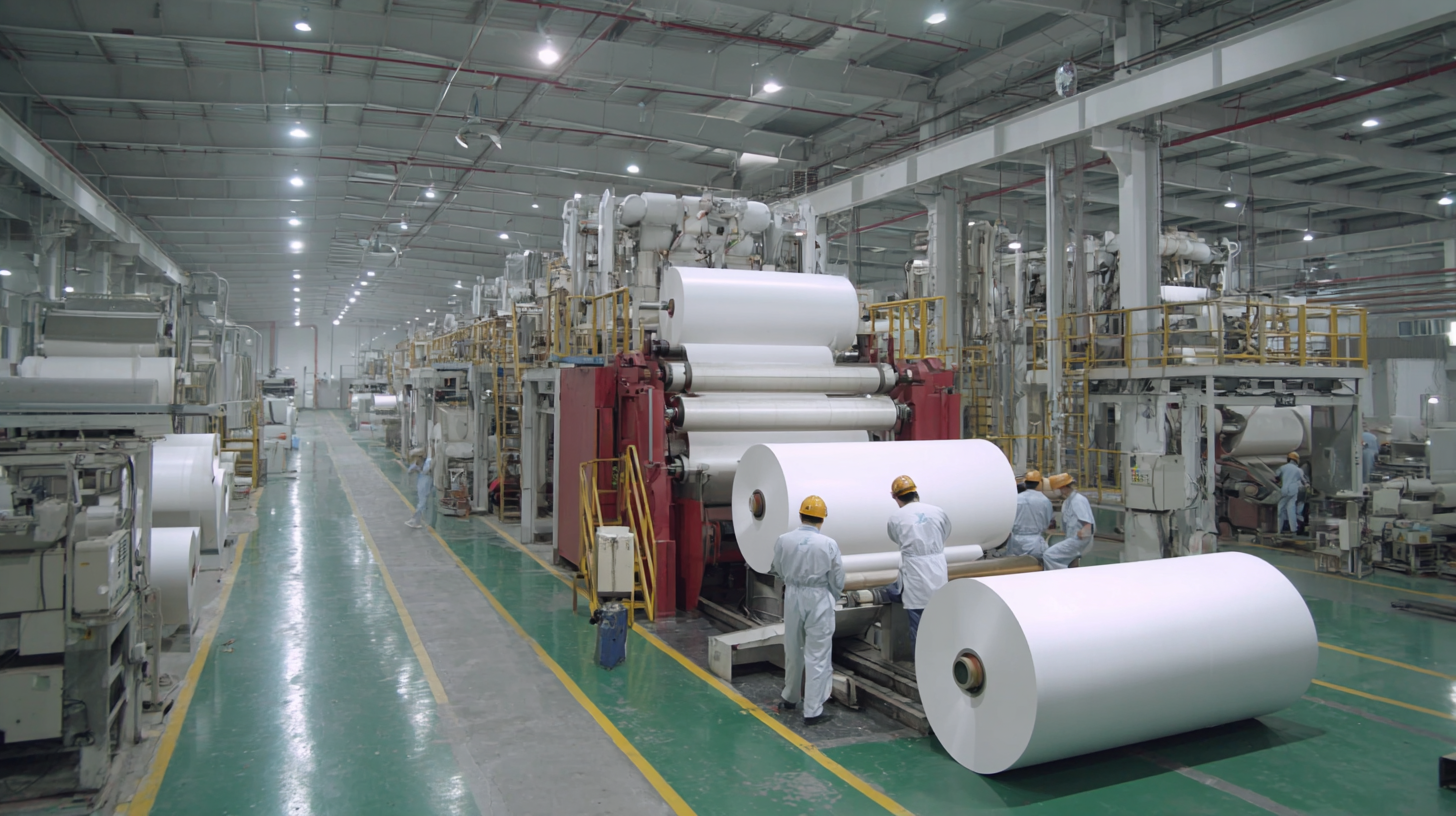
Analyzing Cost-Effectiveness: Pricing Strategies of Different Manufacturers
When you're choosing a cellulose ether supplier, it's really important to get a good grip on their pricing strategies — that way, you can make smarter choices and get the best bang for your buck. I recently read a report by Mordor Intelligence that says the global market for cellulose ethers is expected to grow around 4.5% annually from 2022 to 2027. This growth is mainly driven by increased demand in construction and food industries, which is pretty interesting to keep in mind. Different manufacturers use different pricing tactics, like cost-plus or dynamic pricing, and these can totally affect what you end up paying.
My tip? Always ask for a detailed price breakdown. Don’t just settle for the sticker price — find out about extra costs like shipping, handling, or discounts for bulk orders. Comparing these details across various suppliers can help you spot where you’re really getting the best deal.
And don’t forget to think about your local market, too. If a manufacturer’s closer to you, they might offer cheaper shipping, even if their listed prices seem higher at first glance. A study by Grand View Research shows regional supply chain differences can sometimes bump up final costs by as much as 15%. So, it pays to consider the whole picture.
Finally, whenever possible, try to build a long-term relationship with your supplier. If you’re ordering regularly, you might be able to negotiate better prices or volume discounts, which is a win-win — you get a steady supply of quality cellulose ether and save some cash in the process.
Exploring Innovations and Technology in Cellulose Ether Production
You know, the production of cellulose ethers has really been changing a lot lately, thanks to some cool new tech and a growing demand from the market. I came across a report from Grand View Research that says the global market for these things was around $3.8 billion back in 2020. And it’s not slowing down—it's expected to grow around 5.6% every year from 2021 through 2028. Most of this boost seems to come from how widely these materials are being used across different industries—like pharma, cosmetics, and even construction stuff, you know?
One thing that’s pretty interesting is how companies are now focusing on more sustainable practices—using bio-based raw materials and greener production methods. The World Bank even points out that going eco-friendly can cut down carbon footprints by up to 30%! That’s a pretty big deal for consumers who care about the planet. Plus, with new tech—like continuous production lines and better ways to purify the product—they’re actually getting more efficient and improving quality. This means manufacturers can better cater to what their clients really need. So, for anyone looking to buy cellulose ethers, it’s not just about the product itself anymore. It’s also about whether the supplier cares about innovation and protecting the environment, right?
Sourcing Ethical and Sustainable Cellulose Ether Suppliers
When you're on the lookout for cellulose ether suppliers, it's really important to focus on companies that prioritize ethics and sustainability. These days, quite a few businesses are wanting partners who share their commitment to protecting the environment. So, that means checking out suppliers that use renewable resources, cut down on waste, and stick to strict eco-friendly rules. Doing this not only helps you work with trustworthy partners but also feels good because you're making a positive impact on the planet.
**A few tips to help you spot truly sustainable suppliers:**
1. Dive into their sourcing practices—make sure they’re using raw materials obtained responsibly.
2. Keep an eye out for certifications like ISO 14001—that’s a good sign they’re serious about managing their environmental impact.
3. Don't be shy—talk to potential suppliers about what they’re doing to stay green, and ask for clear info on how they produce their stuff.
Plus, it’s worth thinking about how these suppliers affect local communities. Good ethical suppliers treat their workers fairly and care about the community around them. Picking such partners means you're supporting fair labor conditions and helping local areas grow.
**A quick tip for that:**
- Look for signs of community involvement—things like education programs, health initiatives, or standards that keep workers safe and healthy.
All in all, choosing ethical and green-minded suppliers isn’t just good for your company’s image; it’s also a solid step towards promoting a healthier, greener economy for everyone.
How to Choose the Right Cellulose Ether Factory for Your Business Needs
| Supplier Location | Product Range | Sustainability Practices | Certifications | Minimum Order Quantity | Lead Time |
|---|---|---|---|---|---|
| China | Hydroxypropyl Methylcellulose, Methylcellulose | Recycled materials, Waste reduction | ISO 9001, FSC | 500 kg | 6 weeks |
| Germany | Cellulose Ether Blends | Eco-friendly production, Carbon footprint reduction | DIN EN ISO 14001 | 300 kg | 4 weeks |
| United States | Hydroxyethyl Cellulose | Sustainable sourcing, Renewable energy | USDA Organic, Non-GMO | 250 kg | 5 weeks |
| India | Carboxymethyl Cellulose | Eco-friendly solvents, High efficiency | ISO 22000 | 1 ton | 8 weeks |
Exploring the Benefits of Hydroxyethyl Methyl Cellulose (HEMC) in Wall Putty Applications
Hydroxyethyl Methyl Cellulose (HEMC) is gaining traction in wall putty applications due to its remarkable properties that enhance performance and workability. With products like HEMC P3055, which boasts a higher gelling temperature, users can expect significantly improved water retention and an extended open time, even under challenging hot weather conditions. This makes HEMC an ideal choice for both cement and gypsum-based mortars, ensuring that construction tasks can continue effectively without compromising quality.
Recent industry reports indicate that the incorporation of modified cellulose ethers, such as HEMC, in wall putty formulations can lead to better adhesion, increased flexibility, and reduced cracking. This is particularly beneficial in modern construction where durability and longevity are paramount. As highlighted by Longou Company, a leading HEMC manufacturer in China, such products are meticulously developed to cater to the specific requirements of various mortars, which not only enhances performance but also aids in optimizing economic effectiveness for their clients.
In addition to its superior construction performance, HEMC contributes to excellent surface wetting capabilities, enhancing the ease of application. As professionals in the field continue to seek innovative solutions to improve wall finishes, the adoption of HEMC in wall putty is anticipated to play a pivotal role in advancing construction efficiency and quality. This trend reflects a broader shift towards utilizing high-performance additives to meet the evolving demands of the construction industry.
FAQS
: Evaluate the specific applications you need cellulose ether for, such as construction, pharmaceuticals, or food products. Different industries have varying requirements regarding properties like viscosity, solubility, and gelation characteristics.
Conduct thorough research on potential factories, look for those with expertise in your industry, and request samples of their cellulose ethers to test compatibility with your products.
Understanding a factory's production capacity is crucial as it indicates whether they can handle both bulk orders and small batches, and if they can scale with your business as it grows.
Establishing open communication with potential suppliers allows you to discuss your future needs and growth plans, helping you determine if they will be a reliable partner long-term.
Factories that utilize sustainable methodologies, such as harnessing lignocellulosic biomass through green extraction techniques, are better positioned to meet the growing market demand for environmentally friendly cellulose-based products.
Search for certifications like ISO and GMP that indicate adherence to international quality standards. Factories with these certifications typically engage in advanced technology and rigorous testing.
Requesting and testing samples before placing large orders allows you to evaluate how well the cellulose ethers perform in your specific applications, ensuring they meet your business needs.
Look for factories that perform extensive tests on their cellulose ethers, such as viscosity, solubility, and purity tests. Additionally, consider seeking third-party testing results for validation.
Evaluate the factory's reputation and reliability by examining their history, client testimonials, and reviews. Established manufacturers usually have a proven ability to meet market demands.
Certifications ensure that factories adhere to strict quality management and manufacturing practices, leading to the production of high-quality cellulose ethers that enhance product performance and comply with safety standards.
Conclusion
When you're on the hunt for a cellulose ether factory for your business, it’s really important to start by understanding exactly what you need. This means taking a good look at each manufacturer’s production capacity to make sure they can actually handle your demand. Plus, don’t forget to check out industry quality standards — you want products that meet your performance expectations, after all. Comparing costs across different suppliers can really help you make smarter choices, and staying in the loop about the latest innovations and technologies might even lead you to some cutting-edge solutions in cellulose ether manufacturing.
And, more than ever these days, it’s crucial to choose suppliers who prioritize ethical and sustainable practices. As a top player in construction chemicals and application solutions, Longou International Business (Shanghai) Co., Ltd. is dedicated to providing high-quality construction materials. Keep these factors in mind, and you’ll be able to pick a cellulose ether factory that lines up perfectly with your operational needs — and your values too.
Related Posts
-

Top Strategies for Maximizing Performance with Re-Dispersible Latex Powder Customized Solutions
-

7 Essential Tips for Understanding Hydroxyethyl Cellulose Solubility in Water
-
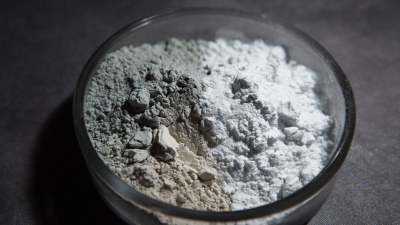
Challenges Faced with Using Customized Re-Dispersible Latex Powder
-
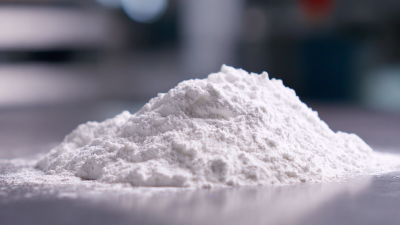
How to Effectively Utilize Hydroxy Propyl Methyl Cellulose in Your Manufacturing Process
-
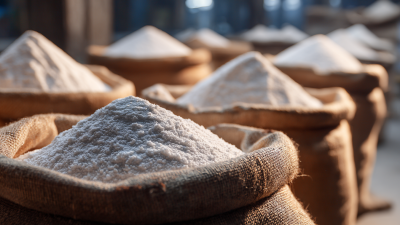
Crafting Excellence with Chinese Manufacturing Powered by Best Thickening Agent Hpmc for Detergent
-

Global Sharing of Chinese Excellence in Best Rd Powder Applications for Reliable Quality
Blog Tags:






